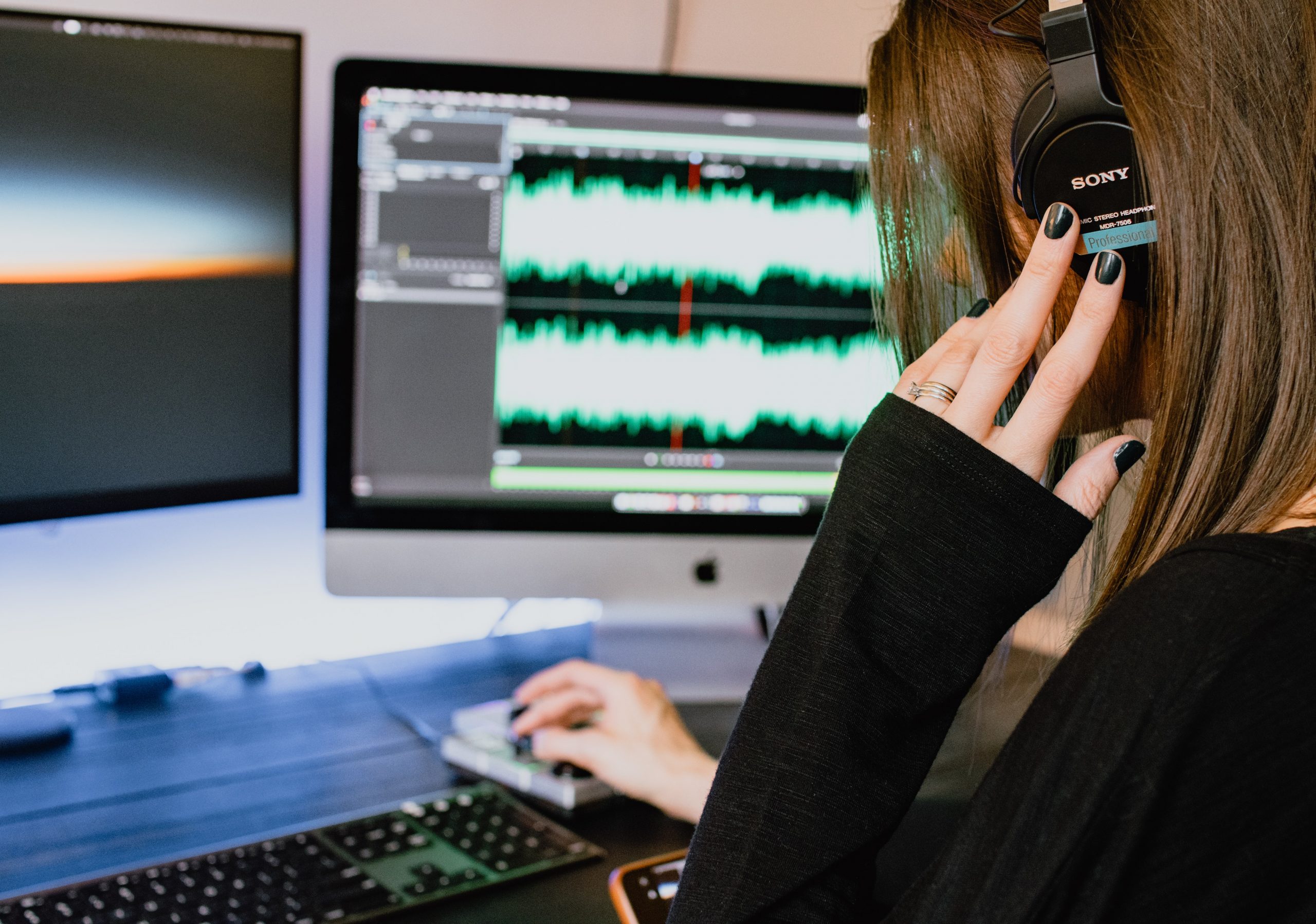Why you should have a podcast
2nd Sep 2021
It was with a bemused response that the media met Apple’s 2005 announcement that iTunes now supported podcasting. To many, the idea of listening to pre-recorded, homemade, radio shows seemed like the very definition of a waste of time.
While there was nascent interest in ‘audioblogging’ as it was once known in the very early 2000s, it was not until 2006 that the format’s popularity exploded and entered the mainstream. At this time Ricky Gervais, and compadres Stephen Merchant and Karl Pilkington, launched The Ricky Gervais Podcast, to have more freedom over the content they were producing for their XFM radio show. Two months after the first episode went live The Ricky Gervais Podcast had received over 4.5 million downloads and, seemingly overnight, the world became obsessed with the medium.
Today, there are over 1.5million podcast shows with an excess of 34 million episodes as of October 2020. While it might sound like a saturated market, there is plenty of room to get involved in this highly effective form of content marketing. So, if you aren’t already podcasting here is why you need to be.
The people you want to reach listen to podcasts
Ofcom last year reported that about one in eight people in the UK regularly listens to podcasts. This stat might seem small compared to the number of people who regularly read blogs (77% of regular internet users). However, comparatively, the format is still in its infancy and is growing exponentially.
What is interesting to consider is demographically how podcast listenership changes. Forbes reports 39% of SMB owners listen to podcasts and this percentage increases with company size — 70-72% of business owners with 100-500 employees listen to podcasts. This means that while the overall listenership of podcasts might seem small, the people who are listening to them are probably the people you want to speak to.
You have something to say

So many brands say to us they would podcast if they thought they had something interesting to say. They tell us that the nuts and bolts of what their business does is so boring that no one in their right mind would want to listen to a podcast about it, but they are wrong. Podcasting is a fantastic way to develop your brand’s thought leadership — you can become the authentic voice of the industry, to establish yourself as the authority on what you do.
The fact of the matter is the podcast audience is now so big that there will be a sizeable, if niche, interest in what you have to say — there are currently hugely successful podcasts about accountancy, recruitment and inbound logistics. Whether your podcast is educational, topical or entertaining your brand has something to say and some people want to hear it.
The second thing we say to people who tell us this is, well make it interesting. Even if you work in the dullest industry imaginable, be creative find a way to make it interesting. Think laterally why not try to make your blog funny if not serious? Or if your brand does a lot of charity work, talk about that rather than the nuts and bolts of your offering.
Captive audience

People tend to listen to podcasts when they’re alone and looking for something to occupy their mind while they do those mindless chores. They could be on the train or doing the washing up, whatever it is if they’ve tuned into your podcast you have their attention, you’re their companion for this time and you can really connect with your consumers.
It’s cheaper than you think
There is a common misconception that producing a podcast costs tens of thousands of pounds per episode, but the reality is most podcasts don’t break the bank to make. Unless you want to book extremely high-profile guests each week, podcasting is inexpensive compared to things like video and animation. There are initial set-up costs associated with the purchase of equipment and software required to produce the show, however, these can be supplanted by enlisting an agency to produce the podcast on your behalf.
It’s easier than you think

People also assume that creating a podcast is a complicated and drawn-out ordeal. But, as the COVID-19 lockdown period revealed most podcasts can be recorded remotely. In actuality, podcasting is not much more complicated than standard blogging. You need a concept, an editorial plan, and ideally a guest for each episode — just like how you would likely interview authoritative sources for a blog.
The only complications come from the recording and editing of the show. However, as we said above this can largely be done remotely if you have access to the correct equipment.
A podcast could make you money
Most brands consider podcasting a conduit that indirectly benefits them, they often overlook the fact that podcasts can be profitable in their own right. We’re going to be honest, most podcasts aren’t directly profitable. However, with hard work and a little luck once the ball gets rolling and popularity picks up it is entirely possible to make money through sponsorships and advertisements, think of all those Squarespace adverts you’ve heard over the years. While this income might not make you rich, it could at least cover the production costs of the show, while you still benefit from those indirect advantages of a brand podcast
